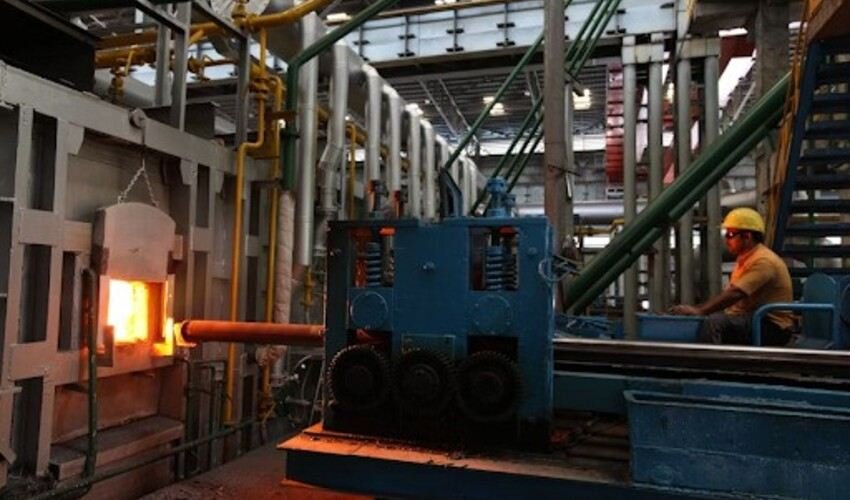In industrial settings, quality assurance depends on more than testing the final product. It is also tied to how equipment is maintained, how processes are followed, and how consistently teams perform.
One tool that helps in this regard is a computerized maintenance management system (CMMS), as it centralizes maintenance tasks and keeps detailed records to link the reliability of equipment directly to the consistency of the output. If you’re a company in a demanding industry, a CMMS solution should be a core part of your quality strategy.
What Problem Does CMMS Solve in Industrial Settings?
Factories that wait for equipment to fail face production delays and unexpected costs. In fact, Emerson reports that unplanned downtime costs a whopping $50 billion per year to industrial manufacturers, and 42% of this downtime results from equipment failure.
A CMMS solution helps companies move away from reactive repairs toward structured and preventive programs that protect uptime and quality. It’s due to this shift that the CMMS market is forecasted to be valued at $5,366 million by 2035, a notable increase from $2,191 million in 2025.
How Does CMMS Standardize Quality Processes?
Variability in maintenance approaches often leads to inconsistency on the production line. A modern CMMS software solution reduces this risk by creating structured workflows and scheduled checklists.
Each technician follows the same steps, and equipment receives equal attention across facilities. As a result, this standardization keeps outcomes predictable, which is the foundation of quality assurance. Here are some other ways CMMS enhances quality assurance.
Higher Transparency
More importantly, CMMS platforms generate digital logs that record who performed maintenance, when it was done, and the condition of equipment at that time. Since quality programs demand evidence, this transparency improves oversight and simplifies quality assurance audits. It also leads to fewer disruptions and stronger accountability.
Reduced Downtime and Improved Output
Unplanned downtime is a threat to consistent production. When machines fail without warning, teams rush to catch up, which can compromise quality. A CMMS platform offers a steady rhythm of equipment inspection, which keeps product quality intact.
Better Compliance
Industries such as pharmaceuticals, aerospace, health, and food processing must follow strict rules on inspections and calibration. Even a single missed check can threaten compliance and lead to penalties.
CMMS platforms create a digital record of every activity, from a small repair to major equipment replacements. Auditors can access records quickly, and companies maintain confidence that quality requirements are met consistently.
Insights for Better Decision-Making
Besides scheduling tasks, CMMS systems also provide analytics that guide leadership decisions. Data on mean time between failures, repair costs, and maintenance frequency helps managers adjust programs confidently.
A data-driven approach also reflects a wider trend across industries. Companies now depend on specialized software to meet challenges that generic systems cannot address. Even in niche industries, business software is no longer optional, as systems like CMMS have become a part of the essential infrastructure.
How Does CMMS Strengthen Quality Assurance in Practice?
The practical link between CMMS and quality assurance shows up in daily routines. Scheduled calibration means instruments perform within required limits. Maintenance records prove that the equipment was in good condition when the products were manufactured.
Predictive features also identify trends that might point to future breakdowns, so teams can take action early. Together, these functions reduce product defects and help organizations maintain consistent quality across production lines.
Endnote
Industrial quality depends on reliable equipment and consistent processes. CMMS systems help meet this criterion while predicting future needs. The result is steadier output, fewer production issues, higher compliance, and stronger customer trust. It won’t be wrong to say that CMMS is essential rather than an add-on in industrial settings.



